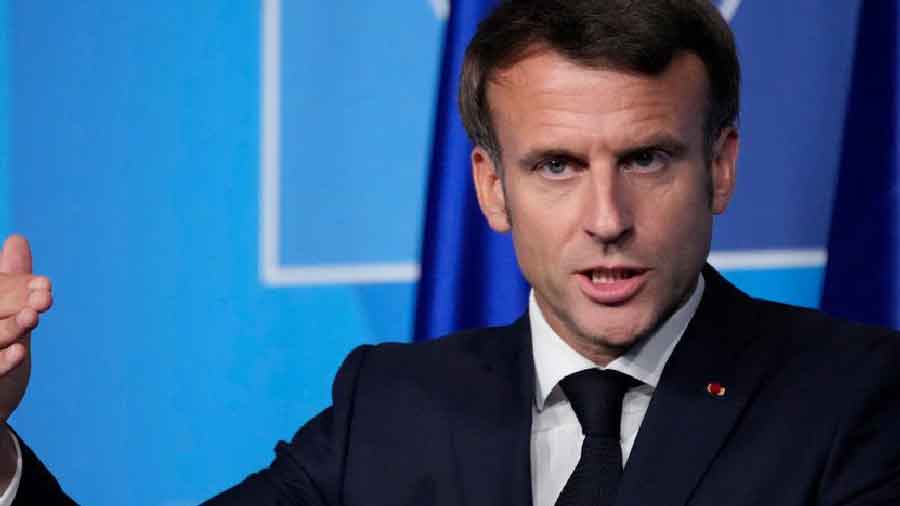In eastern France, a dozen villages have been shutting off their streetlights at midnight. Barcelona is offering home efficiency assessments. Warsaw is subsidising homes that replace fossil-burning stoves with heat pumps. With the war in Ukraine spurring soaring oil and gas prices and President Vladimir V. Putin of Russia showing his willingness to use Russia’s energy resources as a weapon, towns and cities across Europe are finding different ways to shave energy usage.
As the single largest European consumer of Russian gas, Germany may be the country most vulnerable to Russia’s energy squeeze, but many other countries are also facing, at minimum, high prices and restricted supplies. The severity or mildness of the coming winter will be a key factor.
A mild winter in Europe would reduce global demand for gas, as would continued Covid-related lockdowns in China, which is the world’s largest consumer of gas. Conversely, a harsh winter with biting temperatures would increase demand, and send prices even higher. But European nations can hardly wait to see how the weather turns out. Seeking to speed up its energy independence from Russia, Italy has looked to Algeria as a potential new supplier of gas, ramped up renewable energy sources and burned more coal to keep homes lighted and businesses running.
President Emmanuel Macron of France, who has warned that the country should brace itself for a total cutoff of Russian natural gas, has said that to tackle the gas shortage, the government would prepare a measured conservation plan to limit energy use. He has also noted that France’s large nuclear power industry makes it less vulnerable than some of its European neighbours.
“Russia is using energy, like it is using food, as a weapon of war,” Macron said earlier this month. In Belgium, the government reversed a decision to phase out nuclear energy by 2025 and extended the life of two reactors for another decade. And the governments of Austria and the Netherlands have taken steps to pivot to coal-fired power plants that had either been shuttered or scheduled for phaseout.
(New York Times News Service)











